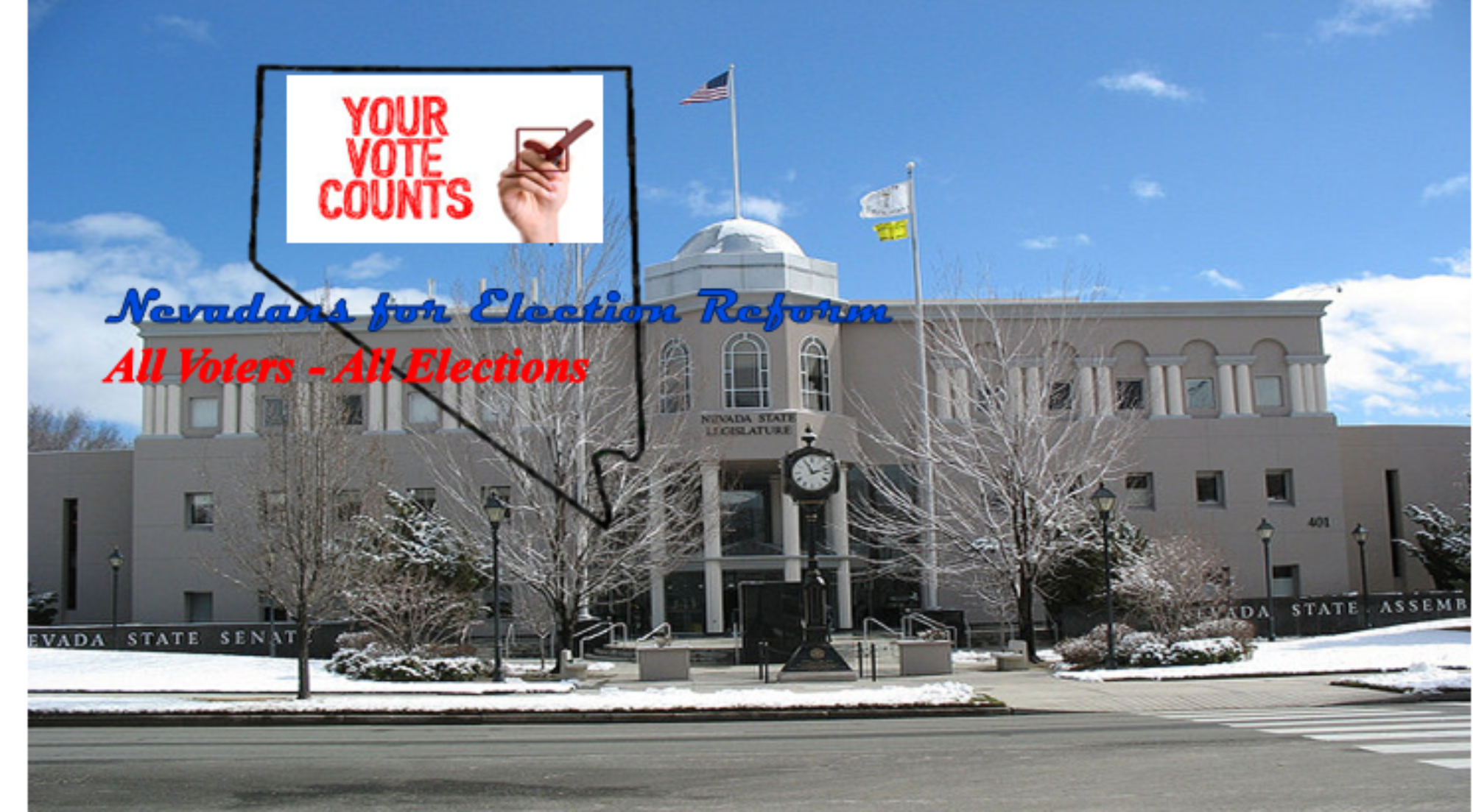The Millennial Generation is the largest generation in American history. Recent estimates state there are between 80 to 90 million persons born between 1980 and 2000, far out-distancing both Baby Boomers and Gen X.
They are also more politically complex, so different from what has been considered the norm, that the major political parties are perceived to be ignoring them rather than take steps to adjust to what is obviously a new political environment. For whatever the reason, that unwillingness does not bode well for our future.
Two recent studies; Pew Research in March, 2014 and the Reason / Rupe Survey released in July, 2014, present detailed insight to this political phenomenon. Combined, they provide what could be a foundation for the necessary change our political process must undergo if the Millennial Generation is to be successful in assuming their rightful position as the leaders of our cities, counties, states, and nation.
As I noted in a blog post of August 13, 2014, “How to get the Millennial Generation to the Polls”, the Nevada Election Modernization and Reform Act (NEMRA), provides a logical first step in the process of change.
Millennials do not trust either Republicans or Democrats. Neither major party truly represents them (at least the vocal minorities that are considered by party leadership as their base). Their views on social issues are more liberal yet they hold more centrist fiscal attitudes. Rather than join a party and conform to set political dogma, they stay away from those traditional associations. Nevada voter registration statistics confirm this.
Millennials believe both government and business play an important role but are not sure to what level each should control. They believe that personal choices and hard work are the major factors in determining one’s path in life.
In any discussion or debate of issues, progress cannot be made if both sides are not speaking the same language. If the same words take on different meanings, nothing positive can result. The Reason / Rupe survey gives an excellent example; “Only 16% of millennials can accurately define socialism making it less surprising that up to 42% prefer socialism and 52% favor capitalism.” This inability to communicate exacerbates the fear and worsens the divide.
Our future leaders, those of the Millennial Generation should not be shunned. Our political system, the political parties should be willing to make the necessary changes to make this generation feel welcome so they can begin making positive contributions to our overall well-being. The Republican and Democratic parties in Nevada, through their elected officials, can take the first step by ensuring NEMRA is part of the 2015 legislative session.
